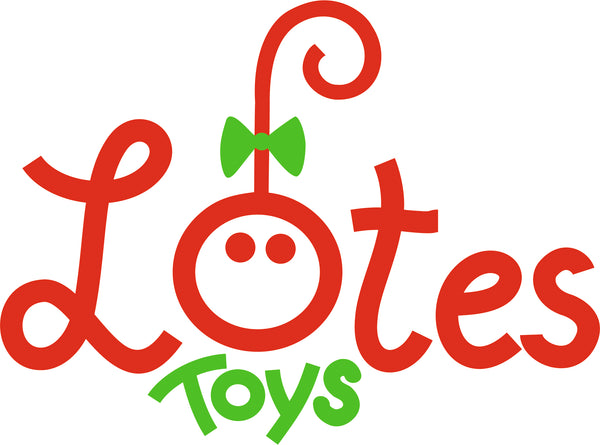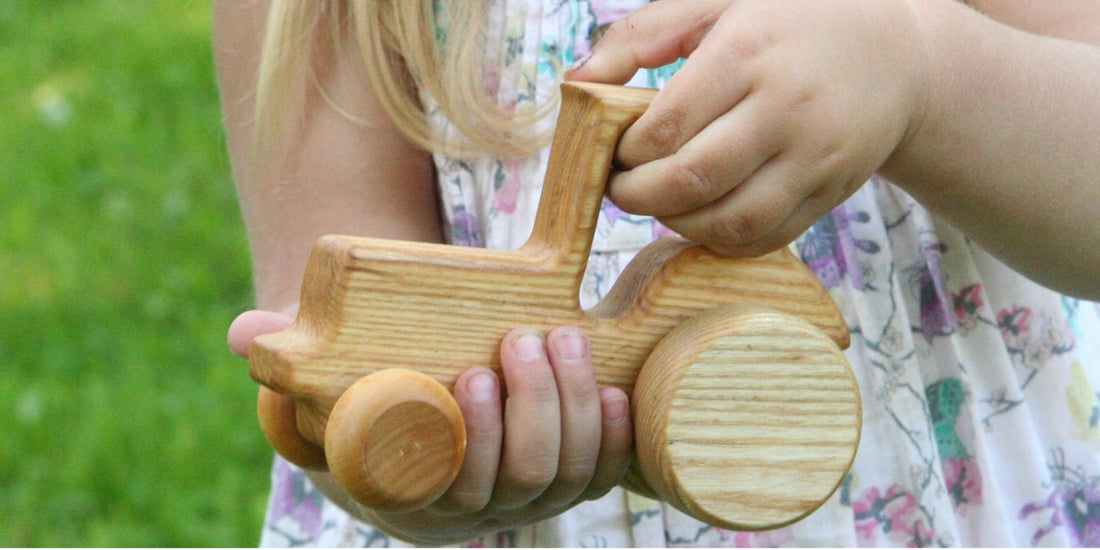Parents are increasingly drawn to natural toys, particularly ones made of wood, for their longevity, sustainability, and sensory experience. From wooden developmental toys to educational wooden toys, these basic yet lovely things may help a child's cognitive and physical development at any level. Brands like Lotes Toy's Family offer a wide variety of wooden toys, each designed with a child’s growth in mind.
In this article, we'll look at how to choose the best natural wood toys for your child at each stage of growth, emphasizing the advantages of eco toys that not only encourage creativity but are also better for the environment.
0 - 12 months
During the first year of life, newborns primarily explore their surroundings through touch, taste, and sight. For this period, natural toys that engage their senses are ideal.
- Wooden rattles: made from smooth, natural wood, rattles teach newborns about cause and effect. They assist children in improving motor skills by allowing them to grab and shake the toy.
- Teething rings: natural wood toys designed particularly for teething are an excellent alternative to plastic. They are safe to chew on, and the grain of wood soothes sore gums. These toys are among the best wooden developmental toys for infants because they help babies develop their grasp and expose them to various textures.
1 - 3 years
Toddlers are eager to explore and are always on the go. Toys that support both fine and gross motor skills are essential during this time. For kids ages one to three, wooden toys should encourage creativity and problem-solving skills. As kids build and knock down basic wooden blocks, they develop their balance, coordination, and problem-solving abilities. Blocks' open-ended design encourages imaginative play and creativity.
- Simple wooden blocks teach children balance, coordination, and problem-solving skills as they stack and knock them down. The open-ended nature of blocks promotes creativity and imaginative play.
- Pull-along toys: a staple of natural wood toys, pull-along animals, or automobiles assist children in improving balance and coordination while promoting active play.
- Wooden puzzles with big parts improve fine motor abilities, hand-eye coordination, and shape identification.
3 - 5 years
Preschoolers are prepared for increasingly complex educational wooden toys that foster creativity, logical thinking, and social skills because their cognitive abilities are rapidly developing at this age.
- Wooden play sets: Whether it's a farm, a kitchen, or a dollhouse, these handcrafted wood toys encourage socialization, storytelling, and imaginative role-playing.
- In addition to helping with color and shape awareness, shape sorters also help with problem-solving skills. Additionally, they aid children in honing their motor skills.
- Wooden train sets: classic and captivating, they promote creativity, reasoning, and cooperative play.
5 - 7 years
Children aged 5 to 7 are developing their social skills and are better prepared to manage more complex play settings. At this point, wooden toys for children that promote social play, construction, and imaginative discovery are great.
- Building sets: larger, more sophisticated building blocks or construction sets can help kids grasp engineering fundamentals while also encouraging creativity.
- Wooden board games: easy games like memory games that are constructed from natural wood are excellent for imparting social skills, patience, and strategy.
- Marble runs: a wooden marble run set offers early ideas of physics and engineering while keeping children involved via the pleasure of trial and error.
7+ years
Children's play tends to become more mastery-oriented and strategic as they grow. For older kids, wooden toys should promote coordination, creativity, and critical thinking.
- Advanced building kits: more complex kits encourage problem-solving and thorough project planning, which leads to a sense of accomplishment when completed.
- Strategy and chess games: Children are encouraged to develop their strategic thinking skills and make plans by playing wooden versions of classic games like checkers and chess.
- Children may create their own wooden toys using craft kits, which not only encourage creativity but also impart important skills in manufacturing things.
In conclusion, your child's growth and development will be substantially aided by choosing wooden toys that are suitable for each stage of life. To guarantee you make the best option, consider their age, developmental needs, and interests while buying natural toys.
Whether you are looking for instructional wooden toys for your toddler or wooden developmental toys that grow with them, you can be sure that you are selecting a toy that is good for the environment and your child.

